Are you losing weight… or feel like you’re spinning your wheels? You’ve been hitting the gym, following a weight loss workout plan, maybe even exploring options like Ozempic for weight loss or Metformin weight loss (under a doctor’s guidance, of course!). You’ve considered a 7 day diet plan for weight loss. You’re dreaming of those 6 week plan Ozempic weight loss results you’ve seen online. You’re meticulously counting calories, yet the scale refuses to budge. It’s frustrating, demoralizing, and makes you want to throw in the towel.
But what if the culprit isn’t your willpower, but something far more insidious? What if seemingly “healthy” foods are secretly sabotaging your efforts? The truth is, many foods marketed as diet-friendly are loaded with hidden sugars, unhealthy fats, or ingredients that trigger cravings and inflammation, ultimately hindering losing weight in a month or any timeframe.
Let’s expose three of the most common offenders that could be standing between you and your dream body.
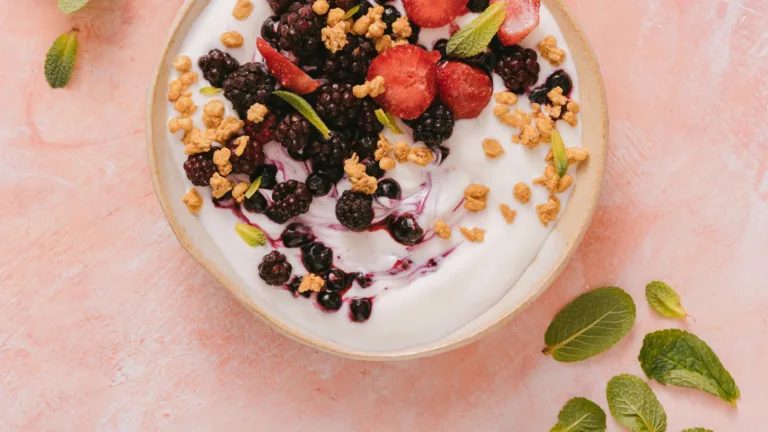
Food 1: The “Healthy” Sugar Bomb – Flavored Yogurt)
We’ve been told yogurt is a great source of protein and probiotics, essential for gut health and weight management. And it can be! But the brightly colored, fruit-on-the-bottom yogurts lining the dairy aisle? They’re often wolves in sheep’s clothing.
Why it’s a problem: Many flavored yogurts are packed with added sugar – sometimes as much as a candy bar! This sugar rush spikes your insulin levels, leading to energy crashes, increased cravings (especially for more sugar!), and ultimately, fat storage. Even “low-fat” versions often compensate for the lack of fat with extra sugar.
The Solution: Opt for plain, unsweetened Greek yogurt. It’s higher in protein, keeping you fuller for longer, and lower in sugar. Add your own flavor with fresh or frozen berries, a sprinkle of cinnamon, a drizzle of raw honey (use sparingly!), or a handful of nuts for healthy fats and crunch. This puts you in control of the sweetness and ingredients.
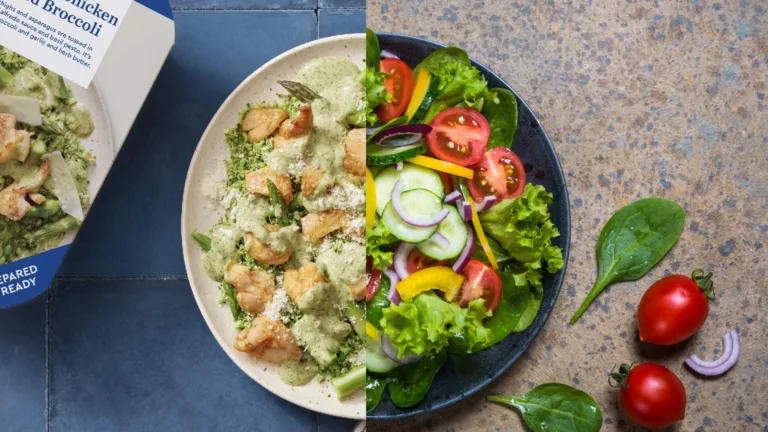
Food 2: The Sneaky Sodium Trap – Processed “Diet” Meals
Frozen dinners, “light” soups, and pre-packaged salads promising quick and easy weight loss seem like a godsend for busy schedules. They offer portion control, but often at a hidden cost.
Why it’s a problem: These meals are frequently loaded with sodium to enhance flavor and act as a preservative. High sodium intake leads to water retention, making you feel bloated and heavier. More importantly, it can contribute to high blood pressure and other health issues. Furthermore, many of these meals lack essential nutrients and fiber, leaving you feeling unsatisfied and prone to overeating later. They may also be lacking key things, slowing your weight loss workout plan.
The Solution: Embrace meal prepping! Dedicate a few hours each week to cooking healthy meals from scratch. Focus on lean proteins (chicken, fish, beans), plenty of vegetables, and whole grains. Control your sodium by using herbs, spices, and lemon juice for flavor. Portion your meals into containers for easy grab-and-go lunches and dinners. This is a cornerstone of any sustainable 7 day diet plan for weight loss or long-term weight management strategy.
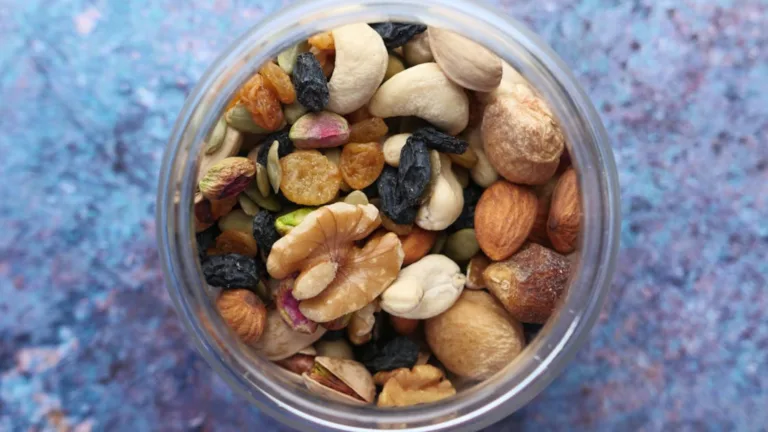
Food 3: The “Good Fat” Gone Wrong – Excessive Nut Butters
Nut butters, like almond butter and peanut butter, are often touted as healthy sources of fat and protein. And they can be! But portion control is absolutely crucial.
Why it’s a problem: Nut butters are incredibly calorie-dense. Just two tablespoons of peanut butter can contain almost 200 calories. It’s very easy to overdo it, especially when spreading it on toast, adding it to smoothies, or eating it straight from the jar (we’ve all been there!). Those extra calories quickly add up, negating your calorie deficit and hindering weight loss.
The Solution: Measure your nut butter! Stick to the recommended serving size (usually two tablespoons). Pre-portioning your nut butter into small containers can help prevent mindless overeating. Consider using powdered peanut butter in smoothies for a lower-calorie option. And be mindful of added sugars and oils in some brands – choose natural varieties with minimal ingredients.
Conclusion
Losing weight is a journey, not a sprint. It’s about making sustainable lifestyle changes, not just quick fixes. While medications like Ozempic and Metformin can be helpful tools for some (under medical supervision), they are not magic bullets. Addressing your diet, including identifying these hidden weight-loss saboteurs, is essential for long-term success.
Start by making small, gradual changes. Swap out one of these problematic foods each week, and focus on incorporating more whole, unprocessed foods into your diet. Don’t be afraid to experiment with new recipes and find healthy alternatives you genuinely enjoy. Your commitment, you can achieve, and you will maintain your goals.
What are your biggest food struggles when it comes to weight loss? Share your thoughts and tips in the comments below!
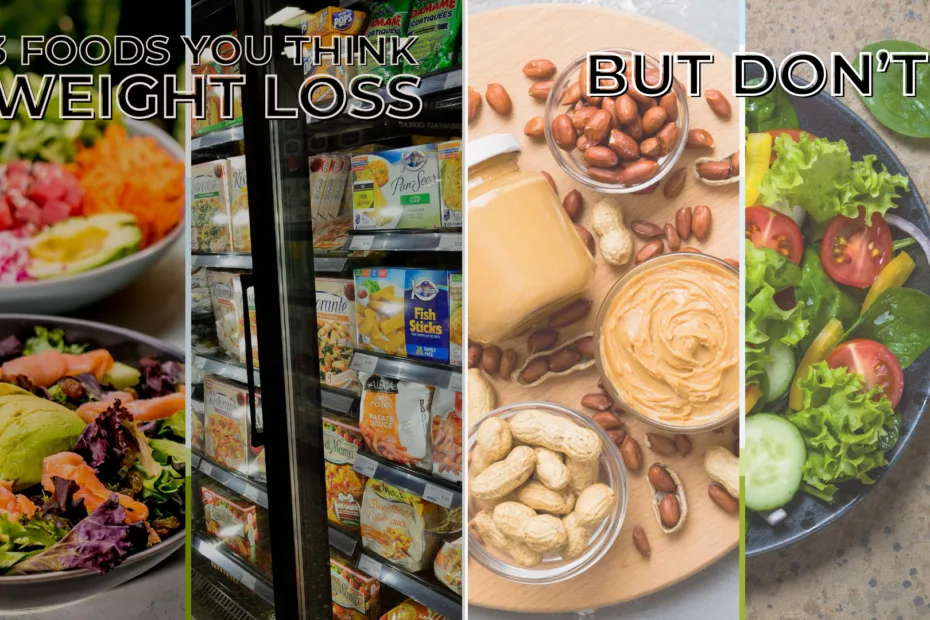


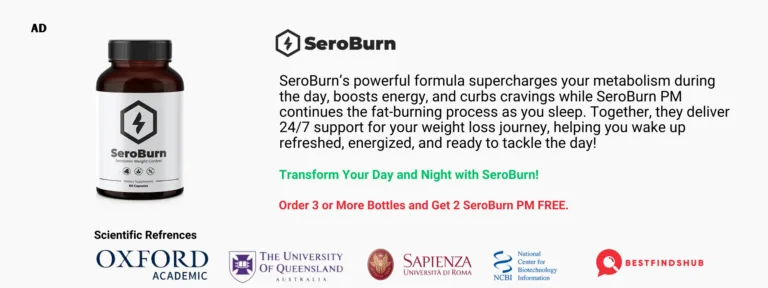

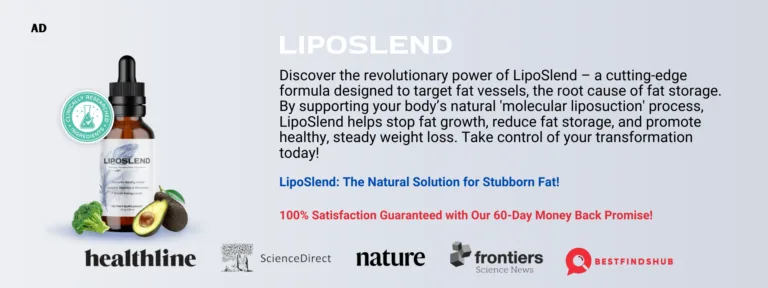
Pingback: 8 Simple Daily Habits for a Healthier Body & Sharper Mind
Hey, you used to write excellent, but the last few posts have been kinda boringK I miss your great writings. Past few posts are just a little out of track! come on!
Hey just wanted to give you a quick heads up and let you know a few of the pictures aren’t loading correctly. I’m not sure why but I think its a linking issue. I’ve tried it in two different web browsers and both show the same outcome.
I was reading through some of your articles on this website and I think this website is very informative ! Keep on putting up.
Thanks so much, Loise! I’m glad you’re finding the articles informative. Stay tuned for more helpful content coming soon!